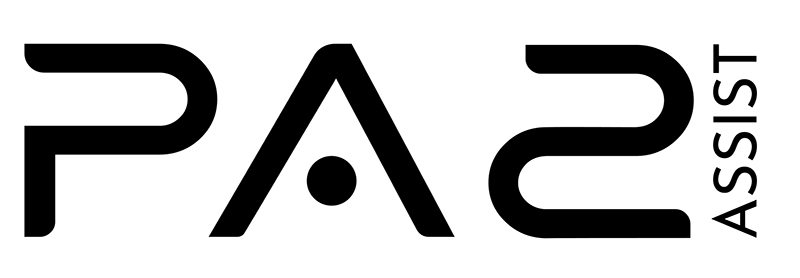Navigating Trust: A Guide to Maintaining Confidentiality for Personal Assistants


In the realm of personal assistance, confidentiality is a cornerstone of trust. Personal assistants play a pivotal role in the lives of those they support, often privy to sensitive information and intimate details. In this blog, we’ll explore the importance of confidentiality for personal assistants and provide a comprehensive guide on navigating the delicate balance between accessibility and the utmost discretion.
Confidentiality is not just a professional obligation; it’s a testament to the trust placed in personal assistants. Recognize the gravity of maintaining confidentiality and understand that your commitment to discretion is essential for fostering long-term trust with clients or employers.
Communication is key to maintaining confidentiality. Establish clear and secure communication channels with your clients or employers. Use encrypted messaging apps, secure email platforms, or designated communication portals to ensure that sensitive information is transmitted and received with the utmost privacy.
Develop and implement clear confidentiality policies within your professional practice. Outline the types of information considered confidential, the steps taken to safeguard it, and the consequences of breaching confidentiality. Share these policies with clients or employers to set clear expectations.
Leverage secure technologies to protect sensitive information. Ensure that your devices are password-protected, use encryption tools for file storage, and regularly update software to patch potential vulnerabilities. The use of secure technologies adds an extra layer of protection to the information you handle.
Practice the principle of least privilege by limiting access to confidential information only to those who genuinely need it. Avoid sharing sensitive details with colleagues or others unless it is necessary for fulfilling your professional responsibilities.
If you deal with physical documents containing confidential information, implement secure storage measures. Use lockable filing cabinets, keep sensitive paperwork in a designated and monitored area, and shred documents when they are no longer needed.
Regularly update passwords for your devices, accounts, and communication platforms. Strong and frequently changed passwords are a fundamental element of maintaining the security of the information you handle.
Personal assistants may encounter ethical dilemmas related to confidentiality. When in doubt, seek guidance from mentors, professional associations, or legal experts. Having a clear understanding of ethical standards helps navigate complex situations.
Develop protocols for handling emergencies that involve confidential information. Know how to respond to situations such as data breaches, unauthorized access, or other security incidents. Having a prepared response plan minimizes the impact of unexpected challenges.
Confidentiality is crucial in the personal assistant relationship, and personal assistants must understand its importance, implement security measures, and maintain professional boundaries to safeguard trust. Balancing accessibility and discretion is a professional duty; fostering enduring trust with clients or employers is a commitment to maintaining the integrity of the personal assistance profession.
#ConfidentialityMatters
#TrustworthyAssistance
#PrivacyProtocols
#SecureCommunication
#ProfessionalDiscretion
#ConfidentialityGuide
#PrivacyBestPractices
#DataSecurity
#EthicalAssistance
#ClientTrust
#ConfidentialityStandards
#DiscreetSupport
#PrivacyAwareness
#TrustedAssistant
Registered Office Address
